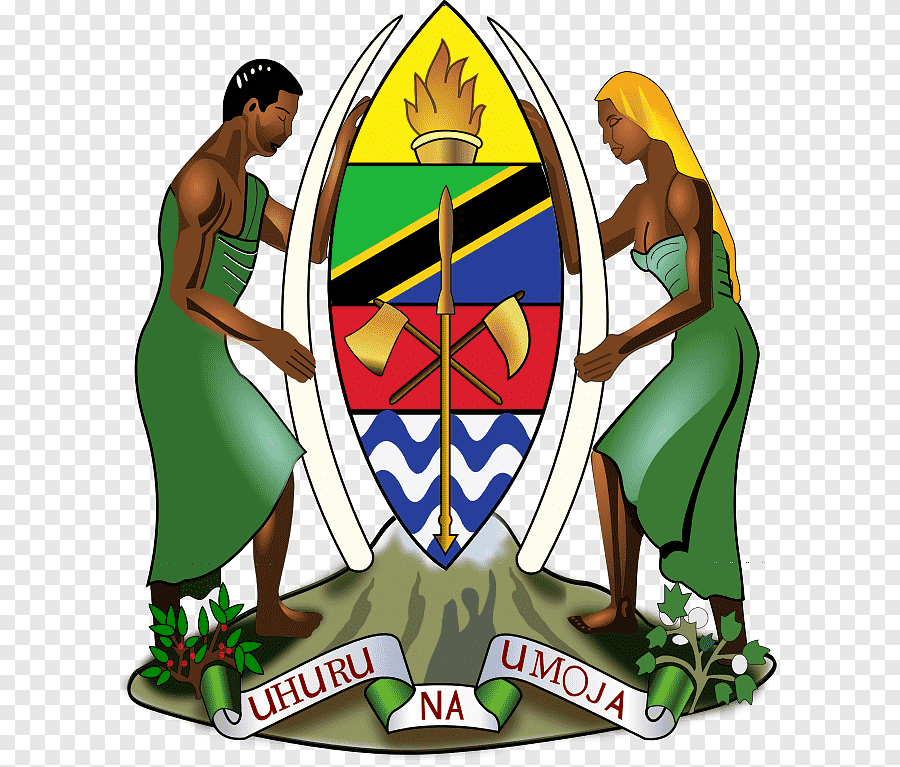History
Mkwawa University College of Education (MUCE) is situated in the picturesque Southern Highlands of Tanzania, within Iringa Municipality, approximately 3 kilometers from the town centre. Our journey of academic excellence and community impact dates back to our establishment on 1st September 2005, when MUCE was officially recognized as a Constituent College of the prestigious University of Dar es Salaam (UDSM).
Originally, MUCE started as an ‘Ordinary’ level school back in 1959, named St. Michael and St. George’s School. Then, in 1964, it became a high school, and it was officially opened by the first President of the United Republic of Tanzania, Mwalimu Julius Kambarage Nyerere. In 1964, the school was renamed in honour of Chief Mkwavinyika Munyigumba Mwamuyinga (1855 -1898), who was the chief of the Hehe tribe in Tanzania. Later, in 1977, the school was converted into a Teachers Training College (TTC), offering certificate and diploma programmes in education. However, in 1992, it returned to being a high school until March 2005. At that point, it was upgraded to a constituent college of the University of Dar es Salaam, as stated in the University of Dar es Salaam Act No. 12 of 1970, which was announced in Government Notice No. 2003 on July 22nd, 2005.
Today, MUCE stands as a beacon of academic excellence and community engagement, continuing its legacy of providing high-quality education and contributing to the educational landscape of Tanzania. Our history is a testament to our enduring commitment to education and the positive impact we strive to make on our society.

